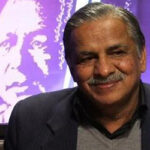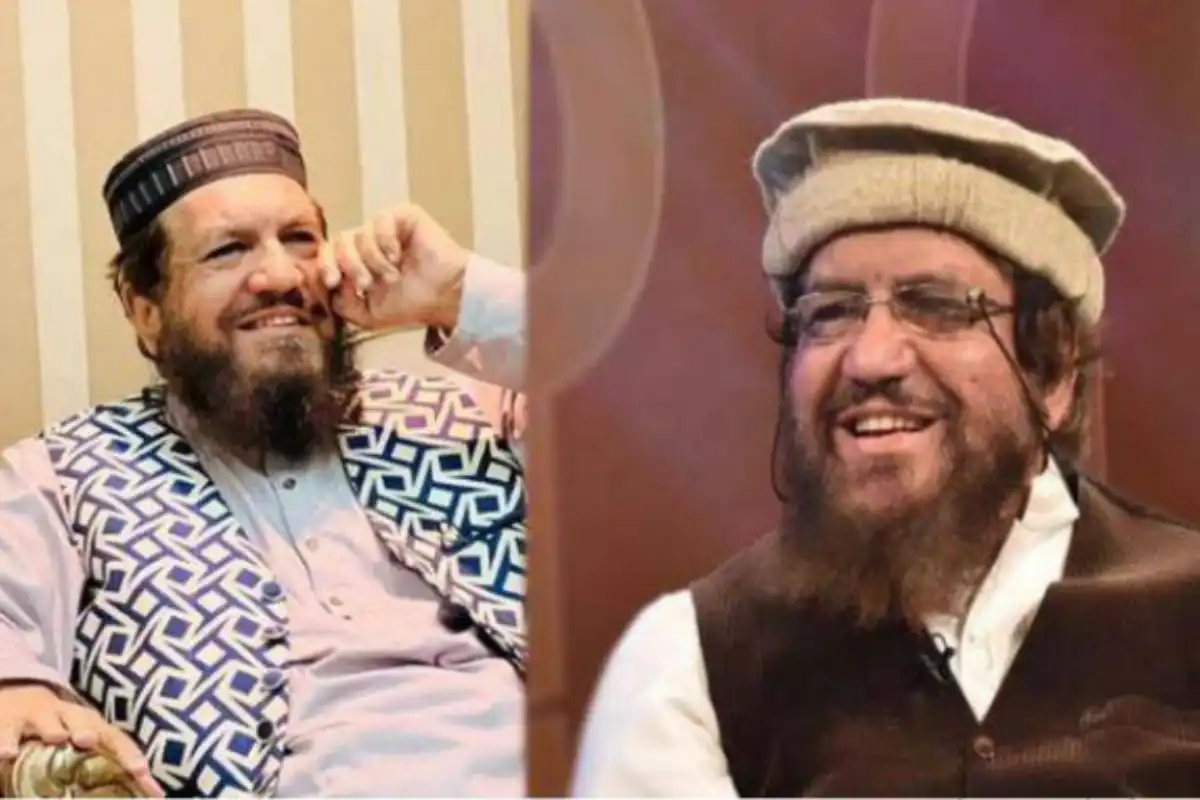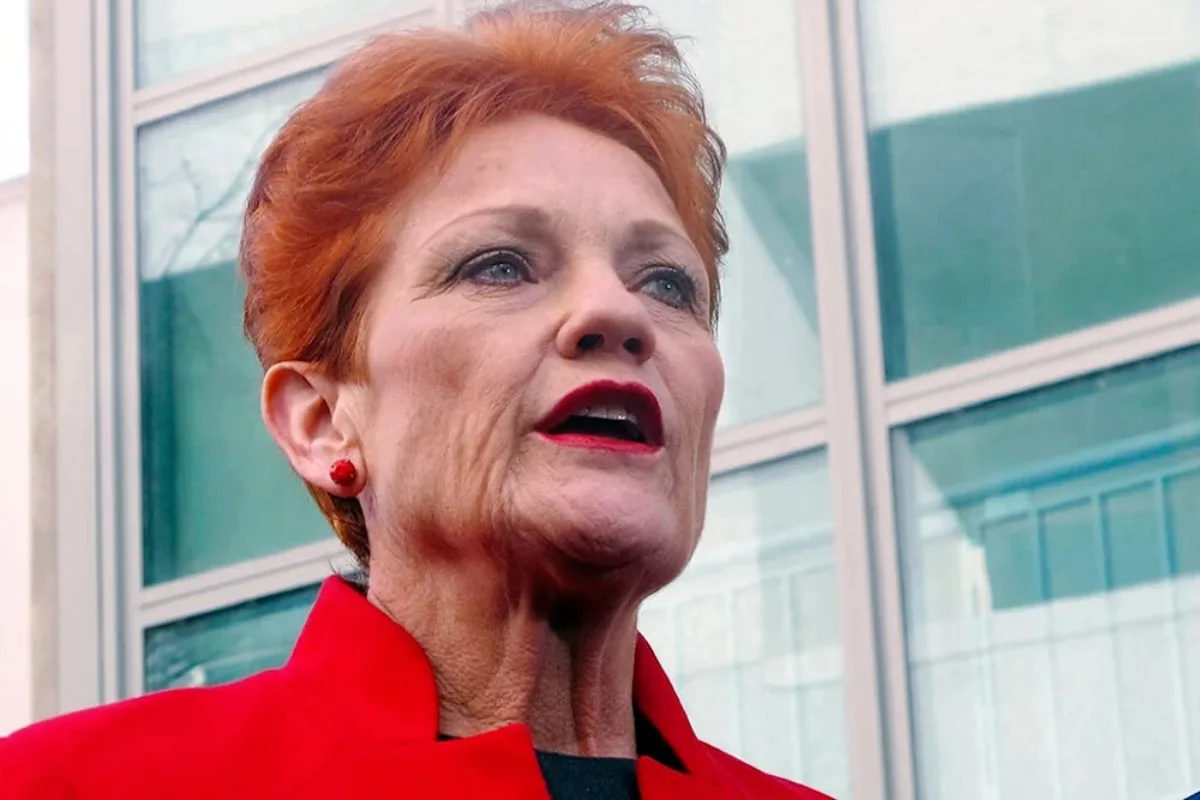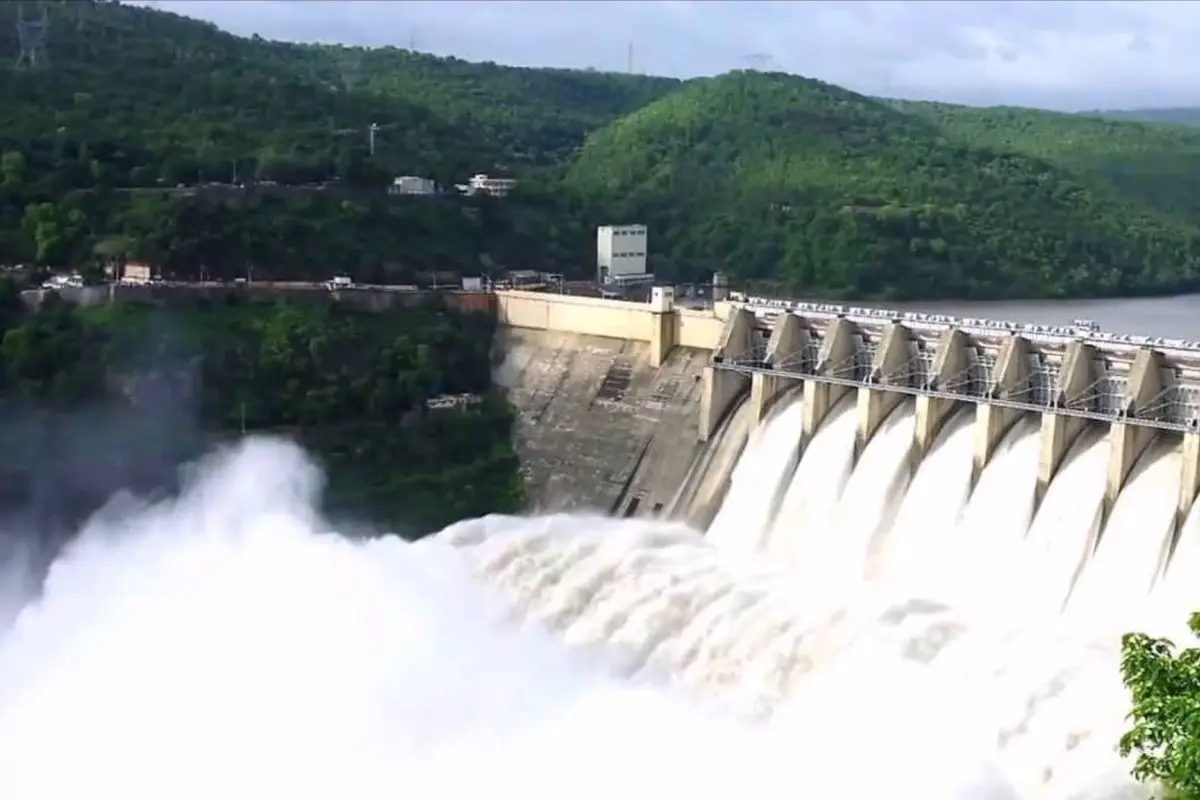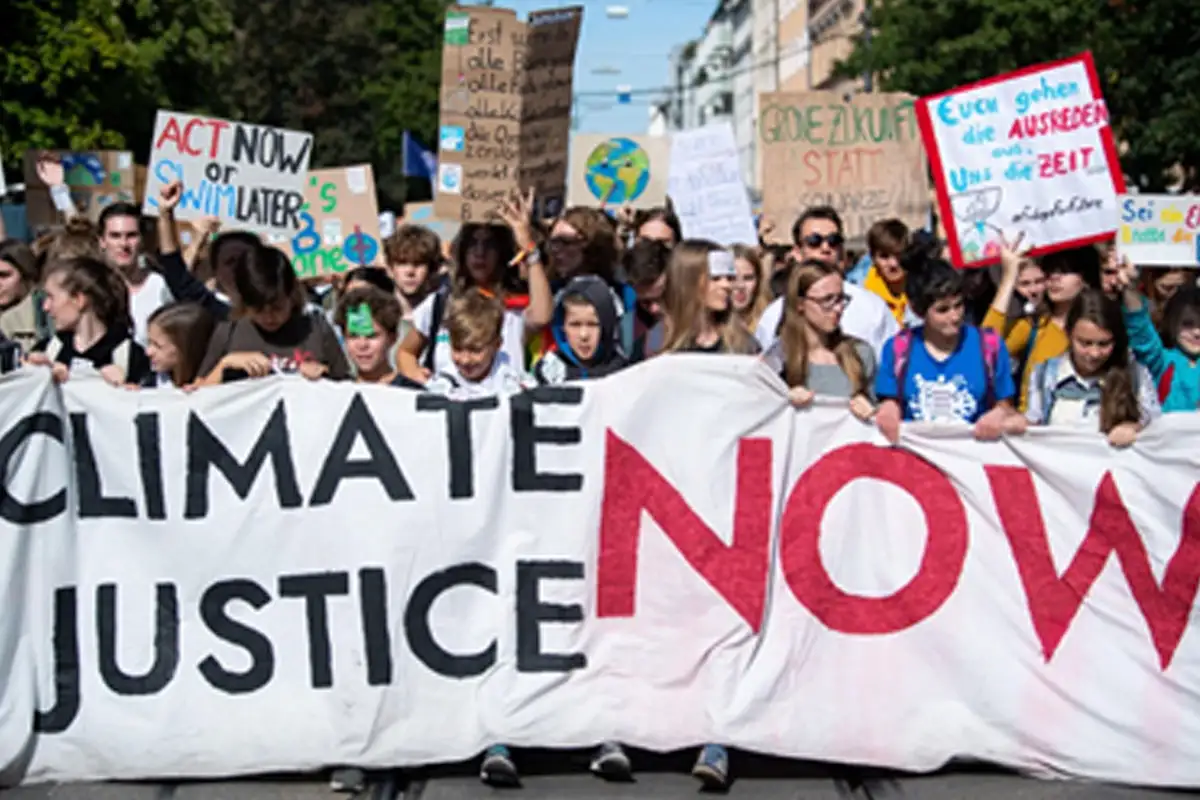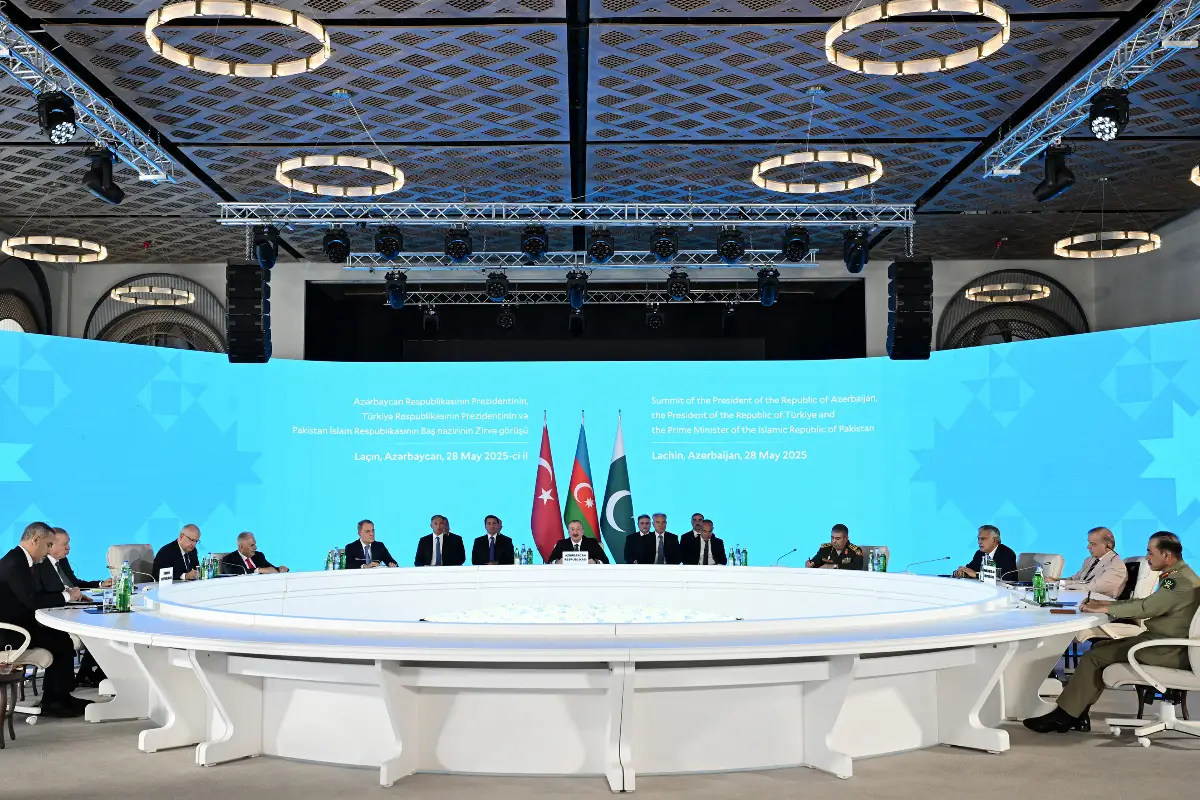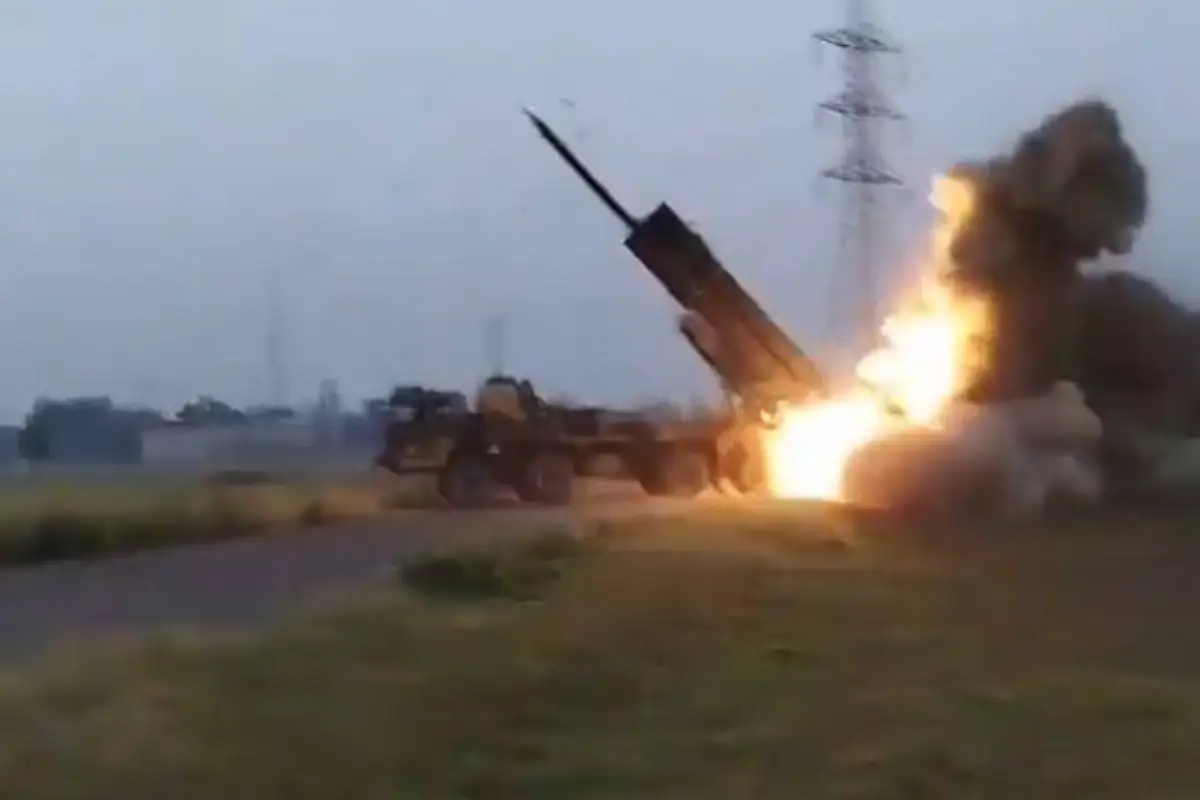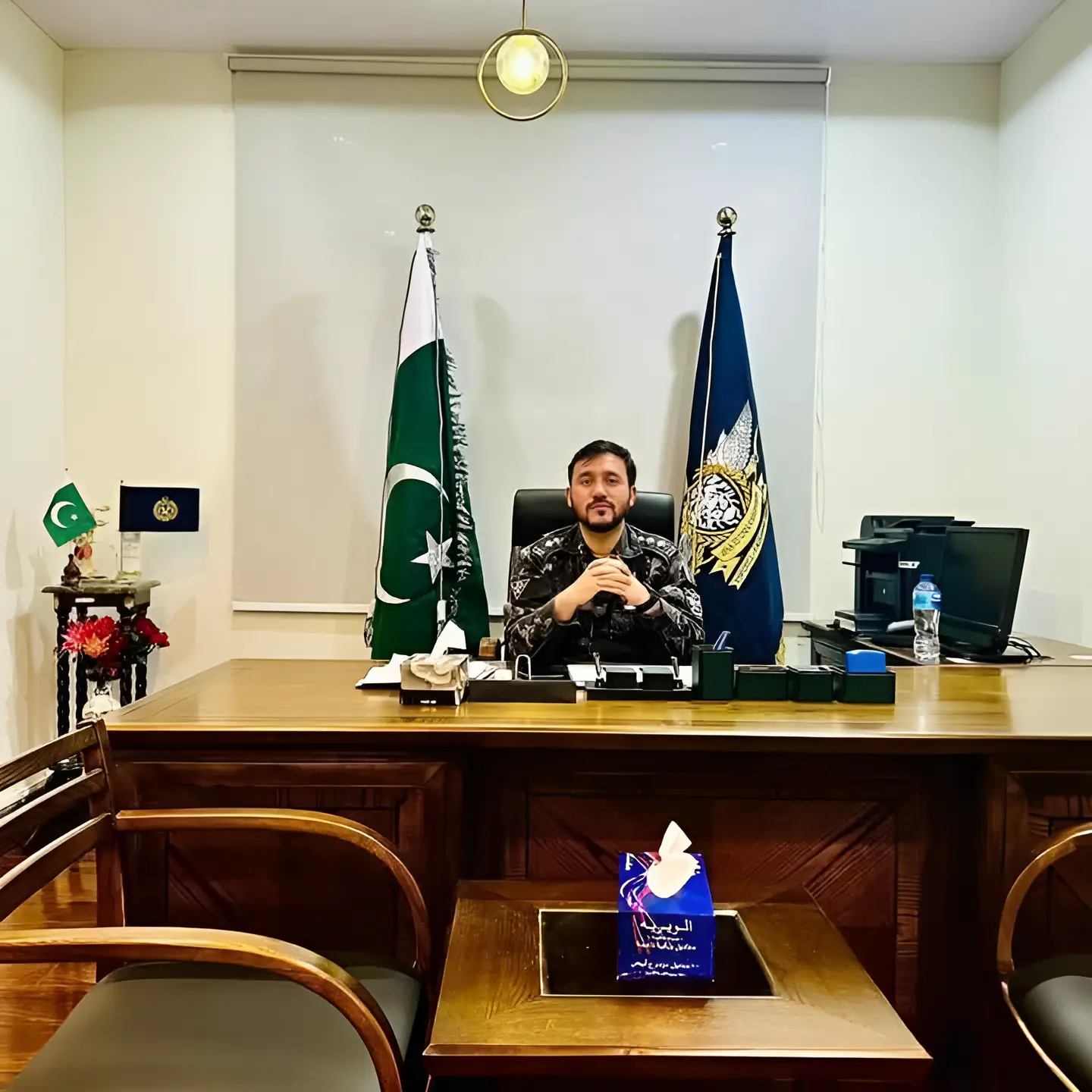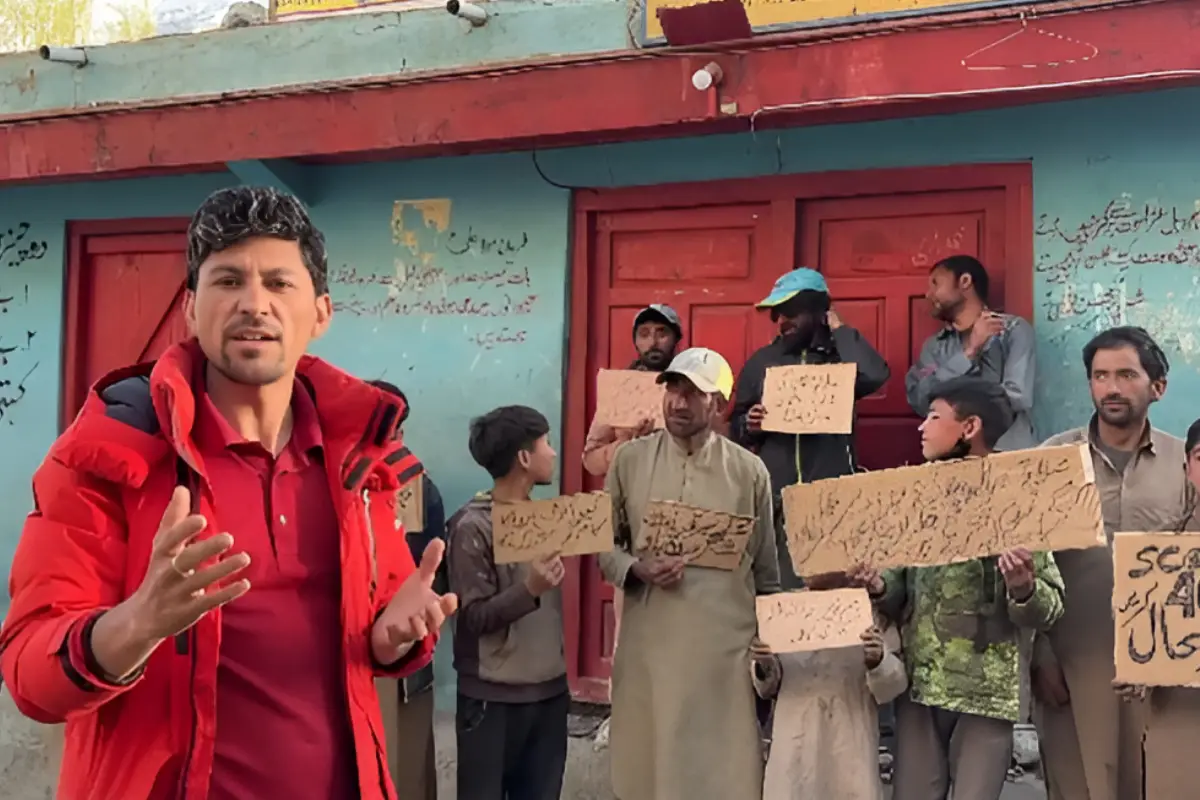Is the Kashmir issue moving toward a fourth war?
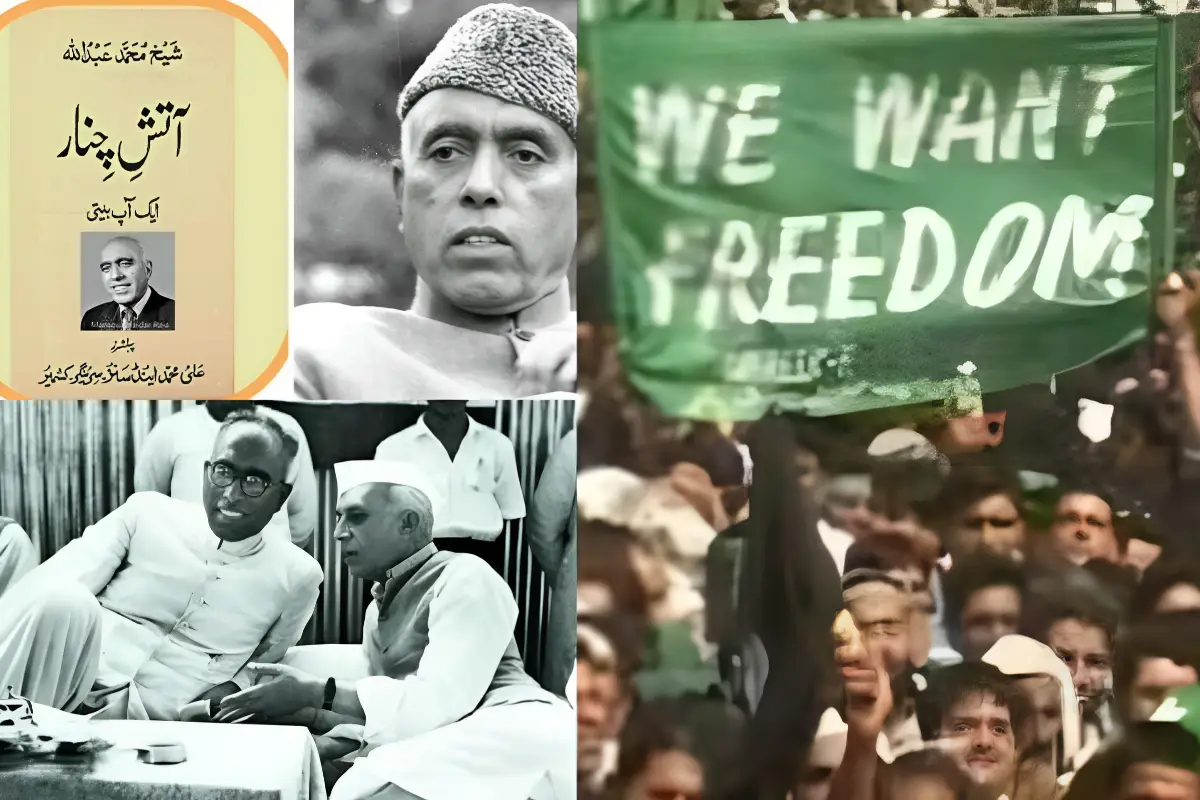
Kashmir moving toward a fourth war
Mr. Nisar Usmani, a senior journalist associated with the English newspaper Dawn, used to say that for a big news story, analysis and commentary should not come from the desk or studio — it should be covered through live reporting.
After the Pahalgam attack, Indian Prime Minister Narendra Modi made a threatening statement, along with the Indian media’s work of adding fuel to the fire. It was not difficult to guess that India would definitely open a war front and its first step would be an attack on the Line of Control. The advantage of being in Islamabad was that when the news came on the night of May 7 that India had carried out 7 air strikes, in the early hours of the morning, I reached the historic Murree Bridge in Kohala, below which the Jhelum River was raging.
Suddenly, it started raining so heavily that it was pitch dark at 4 pm. I reached Muzaffarabad along the Jhelum River for my channel. In the heart of Muzaffarabad city, where the Neelum and Jhelum rivers meet and are called Domail, I was amazed to see the enthusiasm of Kashmiris, fearless of war.
Srinagar is 178 km away from Domail .
When I reached Chakothi, passing through Hattian Bala and Ghari Dupatta, the shadows of evening were falling. I was about to give a live report when a security officer warned me that I was in missile range and should return immediately.
Upon returning from the Line of Control, I remembered my past travels as I saluted the courage and fortitude of the Kashmiris living in small, mud-built houses on the lush green mountains.
During the Musharraf era, Hurriyat Conference leaders came to Azad Kashmir from Srinagar, divided families traveled by bus, and then in 2004, I was honored to be part of a group of journalists who traveled from Lahore to Amritsar and then from there to Srinagar for a historic 3-day stay. During this visit, I met all the top leaders including Mirwaiz Umar Farooq, Ali Geelani, Yasin Malik, Omar Abdullah. Meanwhile, a dialogue was also held with enthusiastic students of Srinagar University. After this visit, I gained a lot of insight into the Kashmir issue because until then our knowledge was limited to ‘Kashmir will become Pakistan’ or ‘Kashmir is the artery of Pakistan’.
US President Donald Trump slipped his tongue by calling it a thousand-year-old issue, but millions of Kashmiris have been through a river of fire and blood for almost 100 years.
As the evening shadows deepened on the vast hilltops of Muzaffarabad, news began to emerge in the cold weather that President Trump had succeeded in his efforts to broker a ceasefire. So at the first opportunity I asked my host, “Are there any bookstores in Muzaffarabad?”He looked at me with an expression of quiet embarrassment and said,”There are five bookstores facing each other at just this one intersection.”
The book I had been searching for on Kashmir for the past few days was right there in front of me as soon as I entered the shop. Allow me to admit that although this autobiography, published three decades ago, often caught my eye at book fairs and stalls, I never reached out for it. That’s because, based on what I had read about Sheikh Abdullah from various sources, I felt no particular attraction or desire to buy and read his book.
At this age, it seems that it was and is our simple ignorance that causes us to choose a historical and political book based on whether we like or dislike the author.
The realization of this loss came late, and the only way to make up for it now is to thoroughly read the writings especially the autobiographies of the prominent politicians, generals, and scholars of the Indian subcontinent.
Sheikh Abdullah’s biography is attributed to the word ‘Aatishchinar’ taken from Allama Iqbal’s poem. That poem goes like this;
جس خاک کے ضمیر میں ہو آتش چنار
ممکن نہیں کے سرد ہو خاک انجمن
In the problems that people in Indian-occupied Kashmir are going through today, Sheikh Abdullah’s role before and after the partition of India makes him appear more of a villain than a hero.
Born in Srinagar in 1905, Sheikh Abdullah did his Masters in Science (Physics) from Aligarh University and then joined the Kashmir independence movement around 1930. His legacy continued for half a century, whether in power or in prison. But unfortunately, for young Kashmiris today, he remains preserved in the pages of history as an anonymous figure.
It cannot be denied that without Mahatma Gandhi and Jawaharlal Nehru, India’s independence would be unimaginable, and without a great personality like Quaid-e-Azam Muhammad Ali Jinnah, the establishment of Pakistan would have remained just a dream of the poet of the East, Allama Iqbal. Similarly, the role of Sheikh Muhammad Abdullah cannot be ignored while turning the pages of the history of the Kashmir freedom movement.
In October 1948, the fall of Srinagar was imminent. Thousands of tribal fighters, advancing from Pindi to Muzaffarabad and its surrounding areas, had planted the flags of victory and were just a few kilometers away from Srinagar. The Maharaja of Kashmir, Raja Hari Singh, had fled to Jammu with his possessions and family. The fire of freedom movement was burning throughout Kashmir. Had Sheikh Muhammad Abdullah, a key Kashmiri leader at the time, not been negotiating with India about Kashmir in Delhi, perhaps India would not have been able to occupy Kashmir in any way.
Sheikh Abdullah himself has admitted this in his book ‘Aatishchinar’. Lord Mountbatten’s hypocritical policy was in place, but in reality it was the Kashmiri Pandit Prime Minister Jawaharlal Nehru for whom the acquisition of Kashmir had become a romance. And then Sheikh Abdullah himself went so far in his devotion to his friend Nehru’s friendship that he had to pay the price by enduring years of rigorous imprisonment.
But the Kashmiri nation, which has been going through a river of fire for 72 years, is due to the mistake of the then Lion of Kashmir, Sheikh Muhammad Abdullah, which was bigger than the Himalayas, in which he sold out the Kashmiris to Jawaharlal Nehru’s India.
The unique thing about the book, which consists of about 650 pages, is that he was greatly influenced by the poet of the East, Allama Iqbal. As evidenced by the title of the book itself, which is taken from a poem by Allama Iqbal. On every eighth and tenth page, Allama Iqbal’s poems have been used to advance and emphasize his narratives. Sheikh Abdullah also had frequent meetings with Allama Iqbal himself during his final years.
Sheikh Abdullah must be commended for the fact that despite his long friendship and attachment to Jawaharlal Nehru, he also wrote about him that Jawaharlal Nehru, despite his charming personality and wisdom, was a coward from within. But Sheikh Sahib said this only after he had been betrayed by him. Riding on their shoulders, Indian rulers had begun to dominate Kashmir.
On December 31, 1947, when the Kashmiri Mujahideen were about to attack Srinagar from Muzaffarabad, it was India and its Prime Minister Jawaharlal Nehru who fled to the United Nations. At that time, Pakistan’s Permanent Representative to the United Nations was Sir Zafarullah Khan. Sheikh Abdullah himself admits that the delegation of which he was a member was forced by pressure from the United Nations to give them safe passage for a ceasefire.
The letter that the Indian government wrote to the United Nations clearly acknowledged that Kashmir is a disputed territory and that it must be resolved immediately.
This writing is preserved on page 323 of Sheikh Abdullah’s ‘Aatish-e-Chinar’ in the name of the International Organization of the Government of India;
“The people of the State of Jammu and Kashmir will be free to decide their future and that decision will be made through a democratic process of plebiscite or referendum, the impartiality of which will be ensured by international supervision.”
Sheikh Abdullah acknowledges that the Pakistani representative, Sir Zafarullah Khan, demonstrated great intelligence by making Kashmir a broad issue while linking it to the entire turbulent background of the partition of India and Pakistan.
The mention of Sir Zafarullah cannot be passed over lightly. A brilliant diplomat from a particular minority group was the choice of the founder of Pakistan, Quaid-e-Azam. Jawaharlal Nehru also admired Sir Zafarullah Khan’s intelligence and diplomacy. It is unfortunate that Sir Zafarullah Khan, like Dr. Abdus Salam, has been erased from the pages of our history.
From Kashmiri Pandit Jawaharlal Nehru to Gujarat’s Narendra Modi, everyone did what they wanted, but at the time of the Partition of India, it was Sheikh Abdullah’s National Conference that stabbed the Kashmiri Mujahideen in the back.
Sheikh Abdullah writes in his book that India should have limited its complaint to Kashmir, but it got confused by Sir Zafarullah’s factual and skillfully presented narrative, and thus the matter dragged on. Sheikh Abdullah says, “We went as a protester, but were put in the dock as a suspect.”
After a long time, Sheikh Abdullah came to Pakistan in 1964. He had met with General Ayub Khan, but the tragedy of history was that the very next day, news of the death of Indian Prime Minister Jawaharlal Nehru arrived, upon which Sheikh Abdullah returned to India. There are other deeds of his, but how instructive it is for today’s rulers that just 5 months after the establishment of Pakistan, when our beloved homeland was surrounded by crises from all sides, it achieved such a great success on the diplomatic front that even Sheikh Muhammad Abdullah, who signed the accession treaty with India, had to write that Britain had betrayed us. He writes; ‘There was a subtlety hidden in this madness of Britain. If he had become so supportive of Pakistan, it was for a purely commercial reason. Napoleon had described the British as a nation of shopkeepers, and here he was again demonstrating his racial temperament. A bloc of Arab countries was emerging in the Middle East that had abundant oil wealth. The British Foreign Secretary wanted to use Pakistan as a bridge to establish better relations with Arab countries as a Muslim country, and that is why the British representative was at the forefront of hostility towards India.
Sheikh Muhammad Abdullah, being Jawaharlal Nehru’s Indian Prime Minister, acknowledges that we had to suffer a blow on the Kashmir issue at the hands of the representative of the newborn state of Pakistan at the United Nations.
On August 5, Narendra Modi breathed new life into the Kashmir freedom movement after a long time by abolishing Articles 370 and 35A. We should thank Modi with folded hands and a ‘Namaste’.
And at this time, the Kashmir front is so hot that it has not been seen in at least 72 years. The historical background of the wars of 1948 and 1971 is different. After Mumbai, Pulwama, and Pahalgam, the Kashmir issue has once again come to the fore at the international level, while US President Trump has revived the issue on the diplomatic front.
Catch all the Blogs News, Breaking News Event and Trending News Updates on GTV News
Join Our Whatsapp Channel GTV Whatsapp Official Channel to get the Daily News Update & Follow us on Google News.

